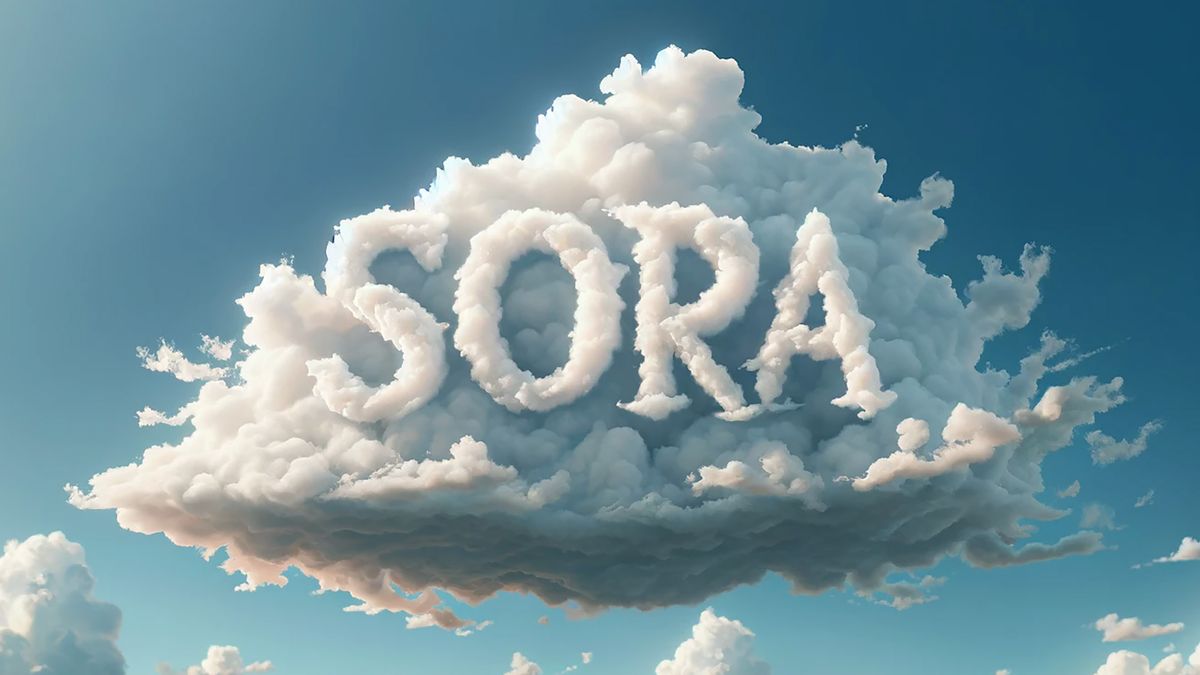
OpenAI’s Sora has left AI experts either enthused or sceptical. It’s left almost everyone else terrified
March 12, 2024The recent unveiling of a new AI model, Sora, has sparked both excitement and trepidation within the AI community. However, for the general public, the dominant emotion seems to be fear.
Rapidly evolving technology, growing concerns
Just a week ago, OpenAI, a custom software development company, introduced Sora, its latest text-to-video AI program. While the ability to generate realistic videos from text prompts has been met with awe by experts, the public seems more apprehensive. This isn't the first time emerging AI technology has caused public concern, but the rapid pace of development with Sora appears to have amplified this sentiment.
Social media reflects public anxiety
Scrolling through social media platforms like TikTok reveals a growing unease among everyday users. Many, who don't typically engage with tech news, lament about the announcement, asking: “Is anyone else concerned that AI is going to be the downfall of society or is it just me?”.
“RIP reality”, - replied one user.
“I give humans 5 more years tops”, - commented another.
“I’m genuinely scared to death”, - wrote another user, along with countless others expressing the same sentiment.
Common concerns include the misuse of the technology for creating harmful deep fakes, spreading misinformation, and jeopardising societal stability.
Must read: How to future-proof your children’s careers against AI.
The blurring line between reality and fiction
The public's fear stems from the potential for AI to blur the lines between reality and fiction. The possibility of AI-generated visuals becoming indistinguishable from real footage raises concerns about the potential for manipulation and societal disruption, especially in the context of already fragile democracies. While tools to identify AI images and videos are available, regulations should be adopted by the AI software developers to control the innovation.
Beyond Deepfakes: The impact on creative industries
Beyond the immediate threat of "fake news" and deep fakes, people are also worried about the impact of AI on creative industries. Technologies like Sora raise questions about the future of art forms like filmmaking and visual arts, potentially displacing human creators and jeopardising self-expression.
The opaque development process fuels distrust
Adding to the public's unease is the increasingly secretive nature of AI development by large corporations. The shift from a collaborative approach to rapid commercialisation and profit-driven goals has eroded trust in both the technology and the companies developing it.
Historical parallels and the uniqueness of AI
While new technologies often evoke initial apprehension, historical examples like electricity and photography eventually became widely accepted. However, some argue that AI is fundamentally different. Unlike tools like Photoshop, which require skill and control, AI operates as a "black box", manipulating reality with a level of ease and power that worries the public.
A growing conversation: From fear to understanding
As AI continues to evolve at an unprecedented pace, the conversation around its potential impact becomes increasingly crucial. While fear is a natural response to the unknown, it's important to move beyond it and engage in constructive dialogue. Open discussions among the public, experts, and software developers can help navigate this new landscape and ensure that AI technology is developed and used responsibly.
